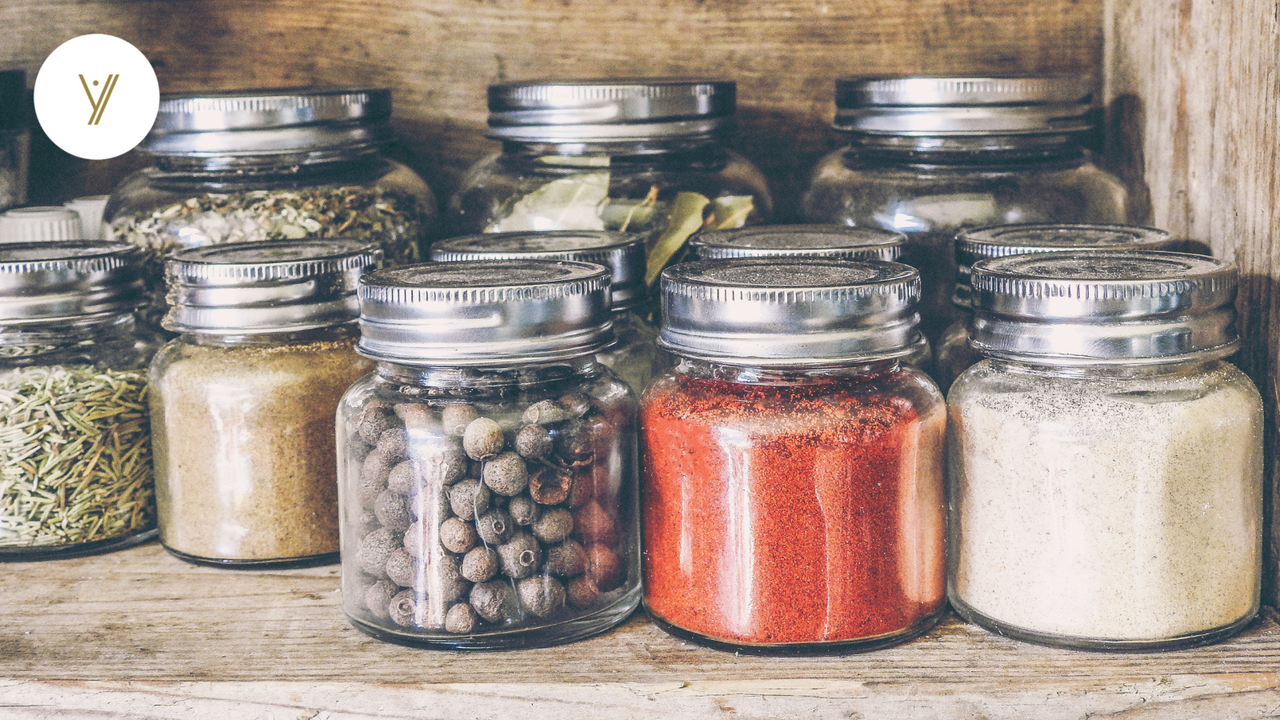Why should we avoid preservatives?
Feb 01, 2022
The heart of our blog is to bring the right information to your news feed so that you can make wise decisions about food for you and your family. We hope you find our blogs enlightening and interesting! Today we are jumping into what preservatives are, and why they are not good for us.
What Are Preservatives?
Preservatives are used to ‘preserve’ food items so that they remain fresh, or as fresh–looking as possible. They help to increase the shelf-life of products and they make sure that there is no loss of taste or flavour in the product over an extended period of time.
There are two types of preservatives, they are either natural, or chemical and artificial.
Natural preservatives are natural ingredients that have not been chemically altered and are not mixed with any synthetic items either.
Artificial Or Chemical Preservatives are artificially produced or synthetic in nature. Often these are also called ‘additives’ on our everyday food labels.
In a perfect world, we would not have any need for preservatives in our food, especially not the artificial kinds and we would all be able to pick an apple off a tree if we needed an apple. However, due to transporting food, and mass production it seems that there are few options. We want you to be aware of the truth about food, and healthy eating so that you can intuitively eat what is good and will build your body well! Ultimately, we want you to be in a place where you can eat real food, from soil to mouth, and enjoy the benefits!
Check Your Food Labels To Avoid:
Here are some of the top preservative offenders and their reactions with the human body so that you can keep an eye out for them when shopping:
- Antimicrobial agents (Benzoates, Sodium benzoate, Sorbates and Nitrites.)
- Sulphites (sulphur dioxide)
- Sorbates (sodium sorbate, potassium sorbate)
- Antioxidants (Sulfites, Vitamin E, Vitamin C and Butylated hydroxytoluene, BHT)
- Chelating agent (Disodium ethylenediaminetetraacetic acid (EDTA), Polyphosphates and Citric acid)

A List of Some Top Offenders
- Sodium Bezonate, also known as enzoic acid, potassium benzoate, and benzoate. Sodium bezonate is commonly found in foods such as sauerkraut, jellies, jams and hot sauces.
Possible concerns: It can cause hyperactivity in some children.
- Sodium Nitrate, also known as nitrate or nitrite. It is often found in meat products such as sausages, cured meats and canned meats.
Concerns: too much may cause pancreatic cancer and other health problems.
- Sodium Sulfite (E221) which is commonly found in wine, dried fruit and processed foods.
Concerns: may cause headaches, breathing problems, and rashes.
- Sulfur Dioxide (E220), In the United States of America, the Food and Drug Administration has prohibited their use of sulfur dioxide on raw fruit and vegetables. The International Labour Organization says to avoid E220 if you suffer from conjunctivitis, bronchitis, emphysema, bronchial asthma, or cardiovascular disease. It is commonly found in beer, soft drinks, dried fruit, juices, cordials, wine, vinegar and potato products.
Concerns: it can cause bronchial problems, particularly in those prone to asthma, hypotension (low blood pressure), flushing, tingling sensations or anaphylactic shock. It also destroys vitamins B1 and E.
- Propyl Paraben, also known as 4-Hydroxybenzoesäurepropylester, propylparaben, propyl p-hydroxybenzoate, propyl parahydroxybenzoate, nipasol, E216. Propyl paraben is often found in tortillas, bread products, food dyes, some beverages, some dairy products, some meats products and cosmetics (creams, lotions, shampoo and bath products).
Concerns: It is an endocrine-disrupting chemical which means that it messes with your hormones. Studies indicate that subjects had decreased sperm counts and testosterone levels because of it. It has also been shown to alter the expression of genes, including those in breast cancer cells and to accelerate the growth of breast cancer cells. Harvard School of Public Health shared the results of a recent study linking propylparaben to impaired fertility in women.
- BHA And BHT (E320), this common preservative keeps foods from changing color, changing the flavour or becoming rancid. It is also known as Butylated hydroxyanisole (BHA) and butylated hydroxytoluene (BHT). BHT or BHA is commonly found in cereals, chewing gum, potato chips, vegetable oils, frozen sausages, enriched rice, lard, shortening and candy.
Concerns: It affects the neurological system of the brain, alters behaviour and has a potential to cause cancer.
We’d Love To Connect With You
We challenge you to check your food labels when you buy foods. You’ll be surprised at where you can find the bad stuff.
We also want to encourage you, it is possible to get creative in your kitchen and find unique and new ways of cooking meals without the nonsense in them. It can be a lot of fun, and also incredibly good for your health. Making small changes in your diet can really shift the way you see food, and you will begin to feel like you are glowing from the inside out.
We would love to hear from you! Let us know how you feel about what you have just read? We would love to tailor-make our blogs so that they are helpful and encouraging to you!
